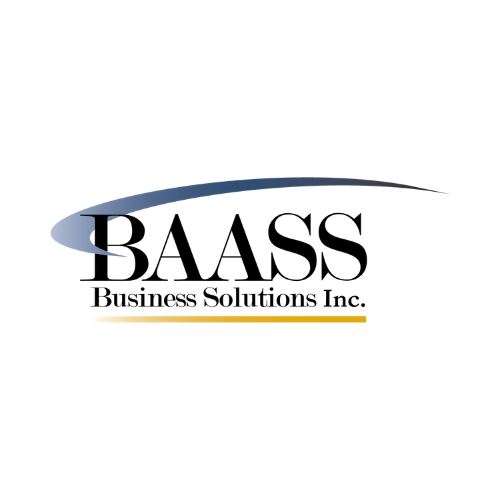
The Human Resources function is on the cusp of great changes. Yes, HR still manages benefits and workplace standards, but they also lead the charge for learning, employee engagement, and talent recruiting. Here’s how the role of human resources is changing in the workplace, along with some food for thought for your company’s HR function.
Change #1: Greater Emphasis on Lifelong Learning
Did we ever really think that finishing a degree was the last step in the learning process? Today’s savvy employees know that they have to keep learning and growing in order to be an asset to their companies. And companies, also cognizant of the rapidly changing workplace and environment in which they compete, know that employees who learn are employees who add great value to the company.
Human resources is typically at the center of lifelong learning and workplace education. Whether it’s hosting seminars, finding expert speakers, running lunch-and-learns, or helping employees round out their education through advanced degrees, your company should consider its current approach to lifelong learning. It may be time to rethink your policies and emphasize learning for employee satisfaction, growth, and career success.
Change #2: Employee Engagement a Priority
Studies on the cost of employee turnover report that for every employee who leaves and must be replaced, it costs approximately six to nine months’ worth of their salary to recruit and replace them. That means that a managerial job with a salary of $40,000 can cost up to $30,000 in recruiting costs! It pays to keep your employees happy and engaged in their jobs, as well as satisfied in their careers.
If you aren’t paying attention to employee engagement, you could be losing money. Your HR department can use newer software tools to measure employee turnover and assess engagement levels. To save money and reduce productivity losses, pay more attention to employee engagement. High engagement leads to lower turnover and fewer expenses for your company.
Change #3: Talent Recruiting
If it takes six to nine months to find a great employee, then talent recruiting must also be front and center for HR. It’s more than placing classified ads on job boards. Good HR managers know they must be ever-vigilant for talented leaders. The more they can spot up-and-coming talent, both within your organization and throughout the industry, the more they can find the perfect employee quickly and easily when vacancies or needs arise.
Your HR staff must be given the charge to continue talent-recruiting efforts even when there isn’t an obvious vacancy. Recruiting is a year-long process of finding and nurturing relationships with potential employees.
It’s also about building your company’s brand as an employer of choice. Your HR staff should be monitoring your online reputation and social media channels, alongside your marketing and communications departments, to ensure that your company appeals to people as a great place to work. This changes the dynamic from a search to an attraction process where you can attract great people automatically. When your company gets a reputation as a desirable place for career growth, it’s much easier to find and retain great employees.
The Future of HR: Software and Solutions from BAASS
Blog: The Ultimate Guide for HRIS
At BAASS Business Solutions, we know the skills and talents of Human Resources and the important role it play in a company’s success. We can help you find great solutions for your HR needs that improve engagement, monitor learning, and reduce turnover. Find out more: Contact us today or call 1-888-650-5544 for a consultation and more information about BAASS.
